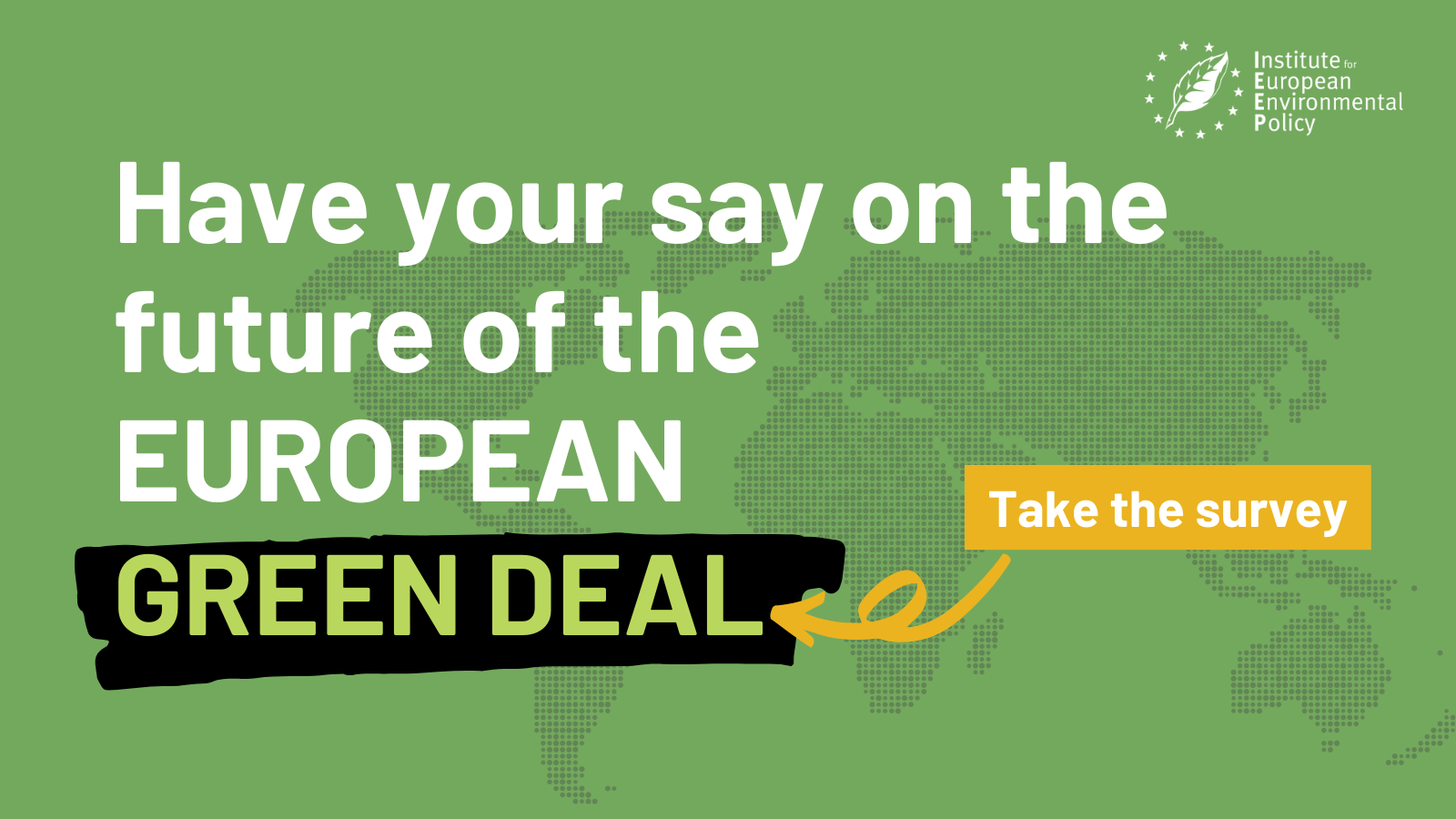AUTHOR: Harriet Bradley
Countries joining the Global Methane Pledge have committed to reducing global methane emissions by at least 30 percent from 2020 levels by 2030. But there is a lack of attention on emissions from the agriculture sector, although they account for most of the global methane emissions.
The Global Methane Pledge, as announced during COP26, has grown to over 100 countries. At the summit, the President of the European Commission Ursula von der Leyen also announced an independent methane emissions observatory to better track emissions, to be hosted by the United Nations Environment Programme (UNEP), with a particular focus on high emission sources. Notably absent countries include India and China.
Most of the attention on the pledge has focused on reducing emissions through improvements to oil and gas infrastructure, such as fixing leaky pipes, which are seen as a “low-hanging” fruit that can already get us to the 30% reductions alone.
However, the 2021 Global Methane Assessment said that a 45% reduction by 2030 is needed to keep the world on track for limiting warming to 2°C, as per the Paris Agreement. Even higher reductions would therefore clearly be needed by 2030 to keep warming to 1.5°C by the end of the century.
Agriculture accounts for 40 to 53% of human-caused methane emissions (53% in the EU, mostly from livestock, compared to 19-30% for fossil fuel production and use and 20-26% for waste). Therefore, action in the agriculture sector will be critical to bringing down methane emissions to the required levels. Despite the lack of attention on this at COP26, agriculture is included as a sector in the EU and the US strategies around methane, with the EU strategy including plans to both increase efficiency, i.e. reduce the methane emissions intensity of livestock (for instance through feed additives), and address the need for dietary shifts, whereas the US strategy only focuses on increasing efficiency per unit of output.
Focusing on efficiency alone cannot guarantee that overall emissions will reduce, as evidenced by the experience in Europe: methane emissions decreased by 22% overall since 1990, mainly due to a reduction in ruminant livestock numbers, but they have increased again in recent years due to increases in livestock numbers, despite the fact that the emissions per animal reduced over the same period.
Despite these drawbacks, the Methane Pledge is one of several emerging from the COP that would contribute to much-needed progress on limiting warming. But such pledges remain for now just that: non-binding and not part of the formal negotiations. However, there is growing pressure to incorporate food systems into the official process, which could be taken up at future COPs and international climate summits.


